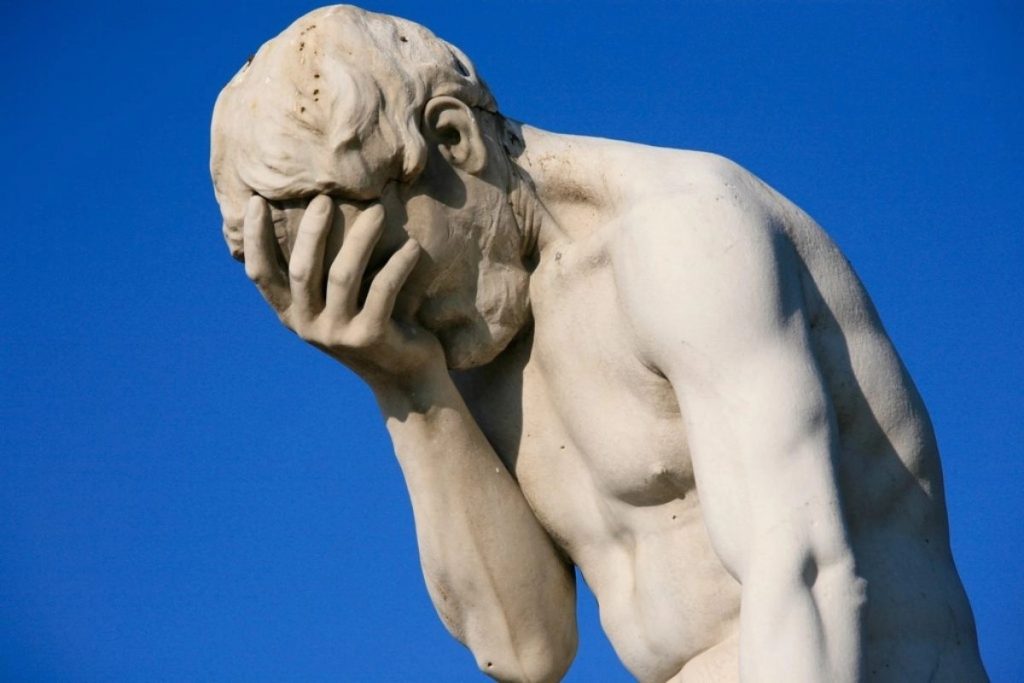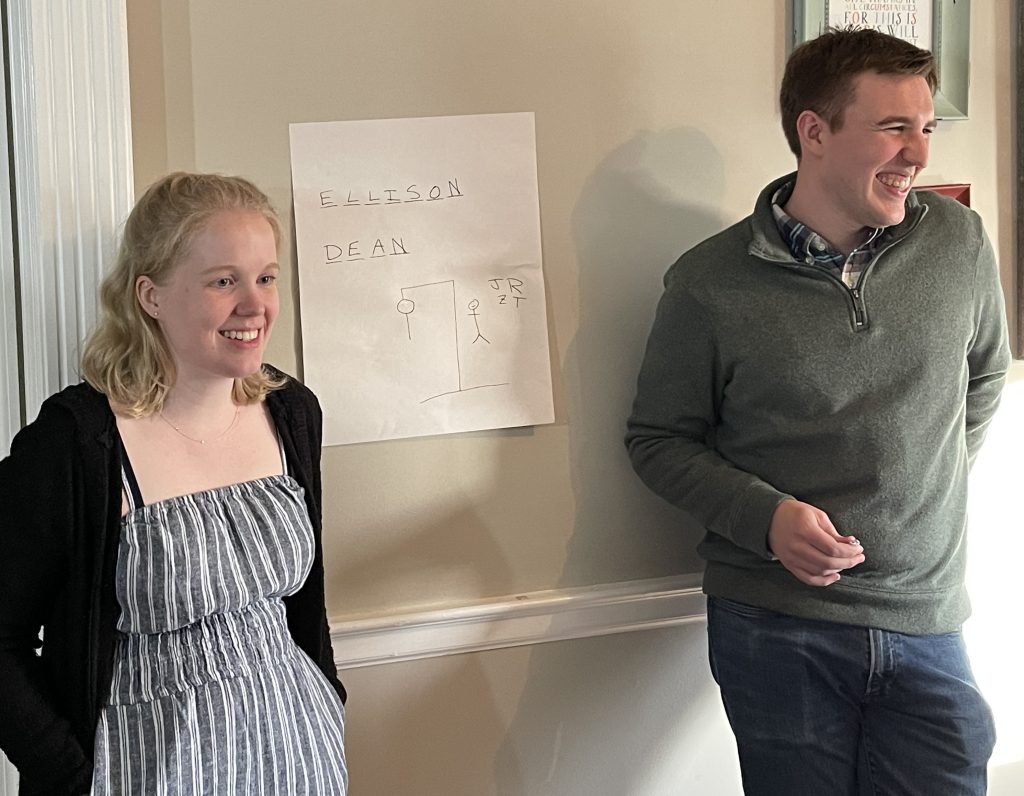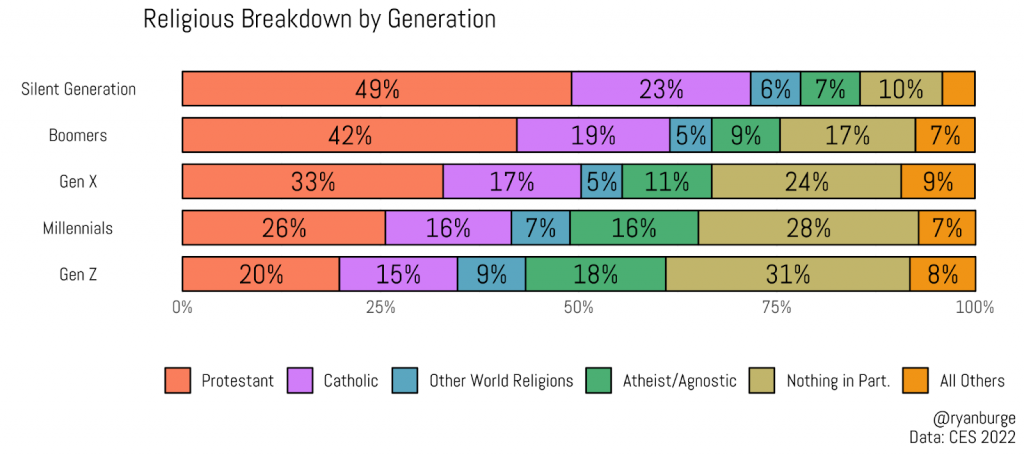
Enchantment
… enchantment is “seeing things as we are (or were) meant to see them.” Enchantment isn’t “escaping” the “real world” into a “fantasy world.” Enchantment is seeing a better world and then returning with a prophetic rebuke. Reconciling oneself to the “real world”–refusing to visit the land of Faërie–is tantamount to the prisoner refusing to escape his cell.
To borrow the phrase of Walter Brueggemann, enchantment is a “prophetic imagination.” Faërie is the vision of the New Heavens and the New Earth, the world set free from the consequences of the Fall.
Richard Beck
Closeness
…we long for closeness that is deeper than getting everything right all the time. “Getting it right” never meets our deep need to relax into the arms of a loved one. because the real way we keep closeness is not by performing but by expressing our needs and receiving a caring response” We all need someone who races toward us and embraces us before we even have the chance to explain ourselves.
Attachment to God
Right Answers
If we’ve dealt with suffering we see in the world by coming up with cause-and-effect systems of theology, then we will cling to those systems to avoid the more difficult questions, for instance, we may think those experiencing heartbreaking poverty are simply experiencing the consequences of their actions. When we believe everyone’s quality of life is the result only of their own choices, it’s easier to turn a blind eye to suffering.
We’ve quelled our anxiety by having all the right answers, so we have to hold a rigid way of approaching the world and our faith. The moment our “right answers” come under scrutiny, our anxiety rises-and then often anger comes. Maybe you’ve been a part of a religious community like this, where asking questions is experienced as a threat, evoking fear and anxiety followed by anger and suppression.
Attachment to God
Theology that prevents lament:
In a sermon, [Billy]Graham said the gospel is like this: a father asked his son to fetch some wood from the shed for their stove. The son, whose nose was in a book, didn’t respond. The father then became enraged, giving an ultimatum that his son could either obey or leave the house, The son chose the latter, slamming the door on his way out. A fortnight later, the son returned, pleading to be forgiven. The father “softened for a moment. Then he grew stern and, pointing to the woodshed, said, ‘Son, that same stick is in the woodshed. Get it, bring it in, put it on the fire, and you can come in.’
This is drastically different from the father who decides to gift his estate, even when the son is impudent. In Jesus’s story be father never asks the son to leave.
Attachment to God
Yearning
There has been a yearning in me that I’m only just beginning to to understand: a craving for transcendent experience, for depth, for meaning – making. It’s not just that the world needs to change-l need to change, too. I need to soften, to let go of my tight empirical boundaries, to find a greater fluidity in my being. I’m seeking what the poet John Keats called negative capability, that intuitive mode of thought that allows us to reside in uncertainties, Mysteries, doubts, without any irritable reaching after fact & reason. The subtle magic of the world offers comfort, but I don’t know how to receive it.
Enchantment
The Everyday Person
It was a long time before it occurred to me that the whole system might just have been designed for men — the kind who had their meals cooked for them and their children quietly removed from their company so that they could pursue their lofty spiritual goals. I thought back to my training and remembered our teacher telling us how he’d left his wife and children to go to India to study with the Maharishi. He learned a lot about himself there, he said. He sat alone in a cave for months and wrestled with hisoul. It was hard, but ultimately worth it. He could never have made such breakthroughs without giving meditation is full commitment. Next to me, a woman raised her hand.
“How did your wife manage?” she asked. “Well, I’m sure it was tough for her,” he said. “Buthe knew it was important to me.’
I’m ashamed now that I didn’t see it: the patriarchal way that we frame spiritual development, the way that men get enlightenment and women get to look after them as they do so, all the while getting mocked for the compromised practices they create in the scraps of time that remain.
I appreciate the value of the monastic tradition, and I understand that some insights can come only from true solitude but I also see very clearly how it prizes masculine knowledge over feminine, diminishing the wisdom of those of us who by necessity are anchored to the everyday.
Enchantment
Fire
We have not understood this earth’s full potency until we have recognised fire. Too often, we have allowed ourselves to believe that we can live whole lives in the absence of suffering. We are told that uniform happiness is the only desirable experience. But this in itself is a disenchantment. Fire brings us back into contact with the cycle of life, with the limits of our control, and with the full spectrum of human feeling. It teaches us hard lessons and burns through our fragile illusions. Without it, we are living only a surface existence, a shallow terrain. We must assimilate fire to become whole again.
Enchantment
Play
play is absolute. play is the complete absorption in something that doesn’t matter to the external world, but which matters completely to you. It’s an immersion in your own interests that becomes a feeling in itself, a potent emotion, play is a disappearance into a space of our choosing, invisible to those outside the game, It is the pursuit of pure flow, a sandbox mind in which we can test new thoughts, new selves. It’s a form of symbolic a way to transpose one reality onto another and living, a way to transpose mine it for meaning, play is a form of enchantment.
Enchantment
Community life
“…community life – care for one another-is built on friction, on sticky and inefficient relationships. Community is also under assault because we’ve outsourced care. As Peter Block and John McKnight argue in their book, The Abundant Community, a lot of the roles that used to be done in community have migrated to the marketplace or the state. Mental well-being is now job of the therapist. Physical health is now the Job of the hospital. Education is the job of the school system.
The problem with systems, Block and McKnight argue, is that everything has to be standardized. Everything has to follow rules. “The purpose of management is to create a world that is repeatable, “they write. But people are never the same.
When there is a loss of care, a neighborhood becomes fragile and so do the people in it. The people are still there but the fluid of trust in which they were suspended has been drained away. If things go bad they have fewer people to turn to. They yearn for a sense of belonging.
Care has been replaced by distance and distrust.
The Second Mountain

View from the front porch
On the journey
Occasionally I encounter someone’s writing that so resonates with me that I am almost overcome with an urge to claim it as my own. Resisting the temptation to plagiarize, I am sharing excerpts from Chaplin Mike’s post at Internet Monk. I don’t know him personally but I feel a deep kinship, he spoke my heart.
I stand on top of a rise in the road. Before me, a valley stretches, still shrouded in fog. Behind me, the sun has burned its way clear and I can see the ways I’ve come. I can make out a few of the sharper turns, various forks and crossroads where I chose this way or that for one reason or another, spots along the way where the road disappeared into a dark wood, then emerged on scenery wholly new. Well past halfway on my journey, I’ve forgotten more than I remember, and some of what I recall I don’t trust. In some ways I’m more sure of my path, in other ways I’ve never been less able to plot my course.
…at this point in the journey, I’m not sure I know what wisdom is. I have some hindsight, for sure, and plenty of experience. Maybe that qualifies. I have a deeper trust in the sovereignty of God than ever before, but it is not the kind of trust that can be expressed in “answers.” The thought of God’s sovereignty is like the fog in the valley ahead of me — a mystery that envelops the world but obscures my view. To think that I would appeal to such a concept as comfort for myself or others seems kind of crazy, to tell the truth. People don’t generally expect the guy down in the mail room to be able to delineate the intricate decisions of the CEO. About all I can say is, “I have no idea how to explain it, but I guess he knows what he’s doing.”
The world is broken, and I don’t have a lot of wisdom to offer. I won’t pretend to tell you what God is doing. But I know that love is real. I’m here to be your friend today, and I want to encourage you to be friends to each other. That’s how Jesus showed his love to us — by befriending us and laying down his life for us. We’re here to do the same for one another.
It’s foggy ahead, and the way is not clear.
Take a hand and let’s enter the fog together.
Posted 9/30/2020






